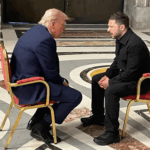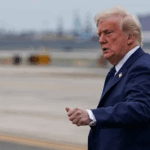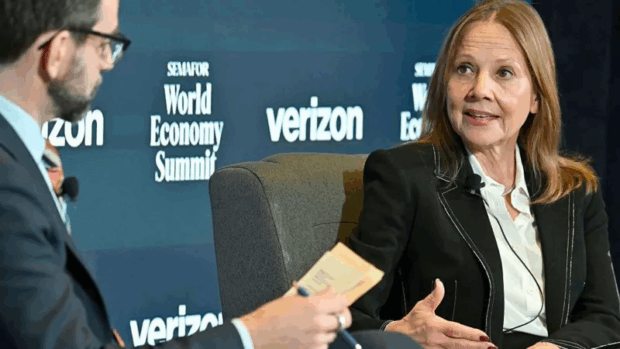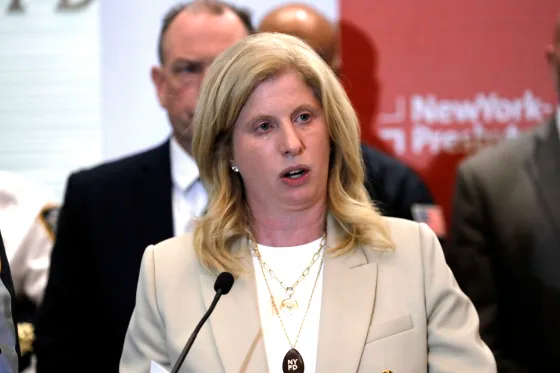
In the first 100 days since President Donald Trump returned to office, his administration has implemented substantial changes to America’s approach to global affairs, departing from long-established international norms and relationships.
The president has initiated a wide-ranging tariff policy affecting numerous trading partners, reduced U.S. foreign aid, expressed skepticism toward NATO allies, and taken a markedly different stance on Russia’s war in Ukraine. His rhetoric has included comments about annexing Greenland, retaking the Panama Canal, and suggesting Canada could become the 51st state.
“Trump is much more radical now than he was eight years ago,” observed Elliott Abrams, a conservative who served in the Trump administration during his first term after working under Presidents Reagan and Bush. “I have been surprised.”
Critics argue that the “America First” agenda has strained relationships with traditional allies while potentially emboldening adversaries. Some governments have begun implementing policy adjustments that could persist beyond Trump’s presidency, even if a more conventional U.S. president is elected in 2028.
Domestic critics have raised concerns about democratic norms, citing the president’s verbal confrontations with judges, pressure on universities, and controversial immigration enforcement measures, including the transfer of migrants to an El Salvador prison.
“What we’re seeing is a huge disruption in world affairs,” said Dennis Ross, who has served as a Middle East negotiator across multiple administrations. “No one is certain at this point what to make of what’s happening or what will come next.”
Interviews with current and former officials, diplomats, and analysts from around the world suggest that while some consequences may be long-lasting, the situation remains salvageable if Trump moderates his approach. The president has already adjusted some policies, including the timing and severity of certain tariffs.
However, most experts anticipate continued unpredictability rather than a significant policy shift, leading many countries to recalibrate their relationships with the United States accordingly.
The repercussions are already visible. European allies are exploring ways to strengthen their defense industries to reduce dependence on American weapons. South Korea is debating the development of its own nuclear capabilities. Some nations are considering closer economic ties with China despite ongoing tensions.
The White House strongly disputes characterizations that Trump has damaged U.S. credibility. NSC spokesman Brian Hughes stated that the president is “taking swift action” to address global challenges, including efforts to end the Russia-Ukraine conflict, combat fentanyl trafficking, hold China accountable, pressure Iran, confront Houthi militants, and secure the southern border after what he described as “feckless leadership” under former President Biden.
Recent polling shows mixed domestic support for Trump’s international approach, with more than half of Americans, including one in four Republicans, believing he is “too closely aligned” with Russia. The poll also indicates limited public enthusiasm for the expansionist rhetoric employed by the president.
At stake is the rules-based international system developed over eight decades largely under American leadership—a system built on principles of free trade, rule of law, and territorial integrity.
Trump’s sweeping tariff policies have created economic uncertainty, with financial markets responding nervously amid concerns about global economic growth and recession risks. The president has described these measures as necessary “medicine” while his team negotiates separate agreements with dozens of countries.
His approach to the Ukraine conflict represents a significant shift from previous U.S. policy. A reported confrontation with Ukrainian President Volodymyr Zelenskiy in February highlighted tensions, as Trump appears to prioritize improved relations with Russian President Vladimir Putin while potentially accepting territorial concessions.
The administration’s criticism of NATO and European allies has prompted German Chancellor Friedrich Merz to express concern that “America First” might become “America Alone,” warning that “this really is five minutes to midnight for Europe.”
Trump’s territorial comments have particularly alarmed some international partners. Danish Prime Minister Mette Frederiksen responded directly to assertions about Greenland: “When you demand to take over a part of the Kingdom of Denmark’s territory, when we are met by pressure and by threats from our closest ally, what are we to believe in about the country that we have admired for so many years? This is about the world order that we have built together across the Atlantic over generations.”
Nations are adapting to this new reality in various ways. The European Union has prepared retaliatory tariffs if negotiations fail. Germany and France are considering increased military expenditures, potentially developing their domestic defense industries rather than purchasing American equipment. Canada is working to strengthen economic and security connections with Europe ahead of its national elections, which have been influenced by strained U.S. relations.
South Korea remains committed to preserving its alliance with the United States despite concerns about potential troop withdrawals. Japan was caught off guard by the extent of Trump’s tariff policies and is formulating its response.
A key question is whether some governments will quietly strengthen economic ties with China despite Trump’s confrontational stance toward Beijing. Spain’s Prime Minister recently met with President Xi Jinping, and China has indicated interest in expanding cooperation with the European Union.
Aaron David Miller, a former diplomat who served across multiple administrations, suggests there’s still time for Trump to adjust his foreign policy, particularly if fellow Republicans concerned about economic implications pressure him ahead of next year’s midterm elections.
“What’s happening is not yet beyond the point of no return,” Miller noted. “But how much damage is being done now to our relations with friends and how much adversaries will benefit is probably incalculable.”
















Be the first to leave a comment